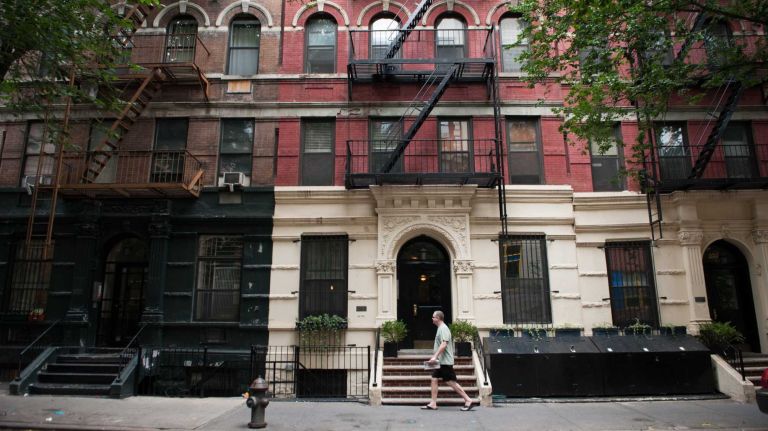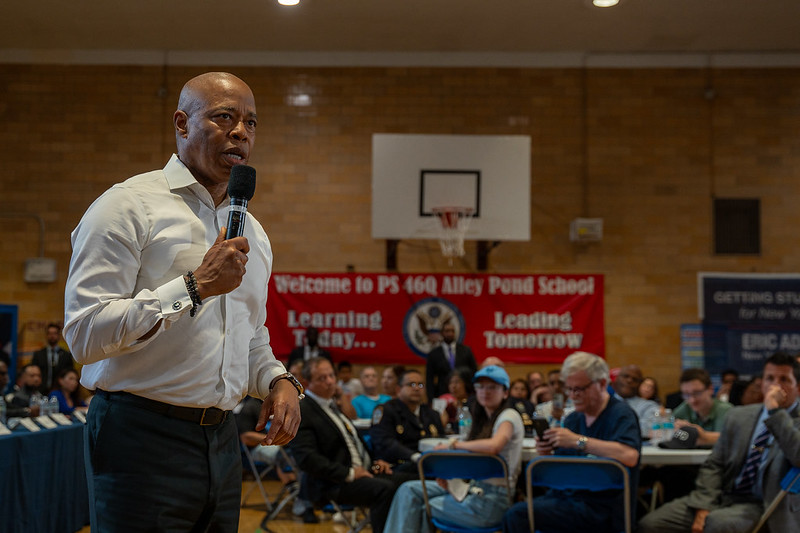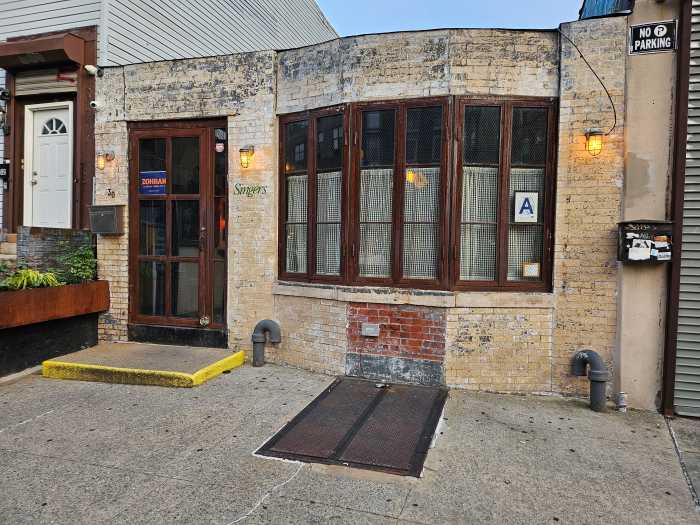
The Rent Guidelines Board is scheduled to vote next week on rent increases for about a million lease-holders — and unfortunately, a swelling chorus of elected officials is insisting that the right amount is zero.
Mayor Bill de Blasio was for a freeze during last year’s mayoral campaign — and he’s now appointed a majority on the board. Council Speaker Melissa Mark-Viverito wants a freeze. So do Comptroller Scott Stringer, Public Advocate Letitia James and a throng of council members.
But a freeze for rent-regulated units would establish a terrible precedent — one that over time could accomplish the precise opposite of what proponents want. If political grandstanding — rather than the market — dictates the ability of landlords to meet their costs, the result will be slipshod maintenance and a deteriorated housing supply.
To his credit, de Blasio has dialed back the campaign talk since becoming mayor. He now says he simply wants board members to consider the city’s housing affordability squeeze when they make their decision.
The board has said it’s looking at options ranging from no increase to a 3 percent hike on a one-year lease and 0.5 percent to 4.5 percent on a two-year lease. But the board’s basic duty is not to redress the city’s complex economic trends. It is to reach a fair decision that treats both sides — landlords and tenants — with fairness and respect.
So who should make housing more affordable here?
De Blasio himself has created a plausible plan. He wants to add affordable housing in the city at a dizzying pace over the next decade. And he would do it — not by blunt fiat — but by giving developers a strong incentive to build for the struggling masses.
De Blasio also wants to ease the affordability crisis by bringing more apartments back into service within the troubled New York City Housing Authority. He has correctly inveighed against NYCHA’s empty units and lousy record on maintenance and repairs.
So why encourage substandard conditions in the private market? The Rent Guidelines Board must find a solution next week that’s fair to tenants while allowing landlords to fulfill their responsibilities competently and completely.






































